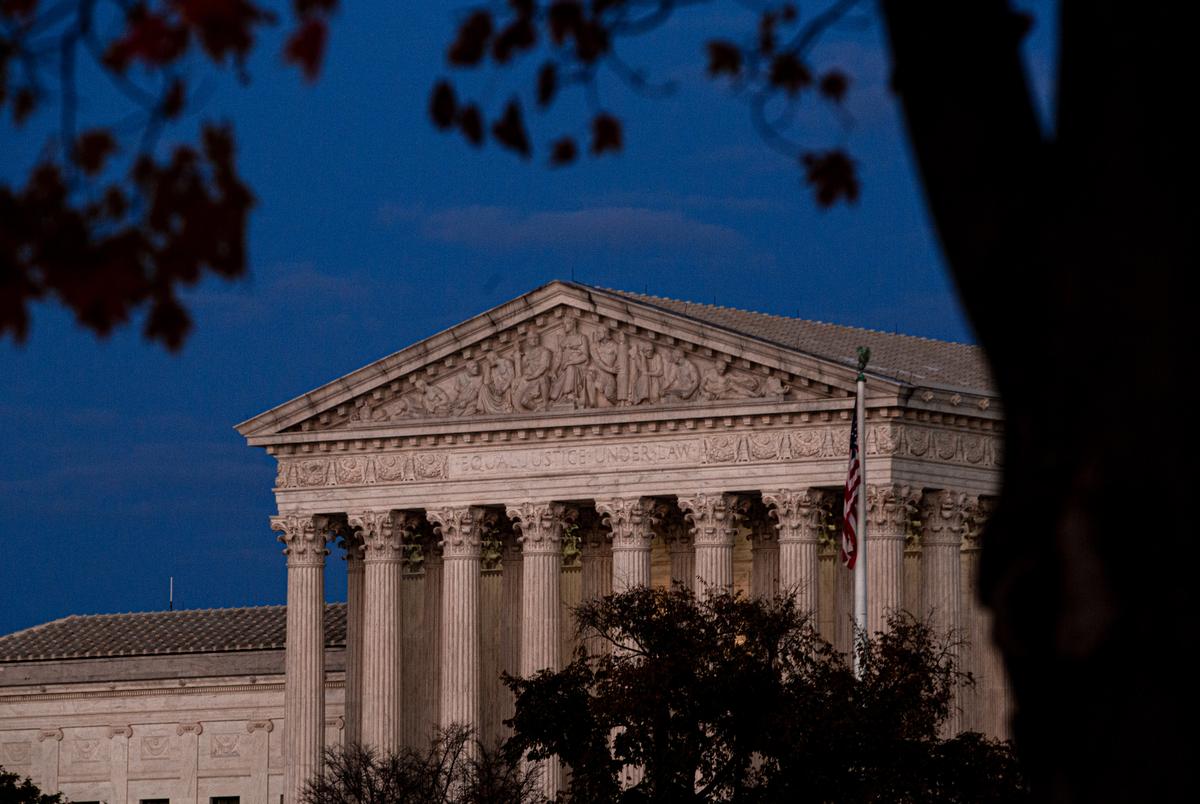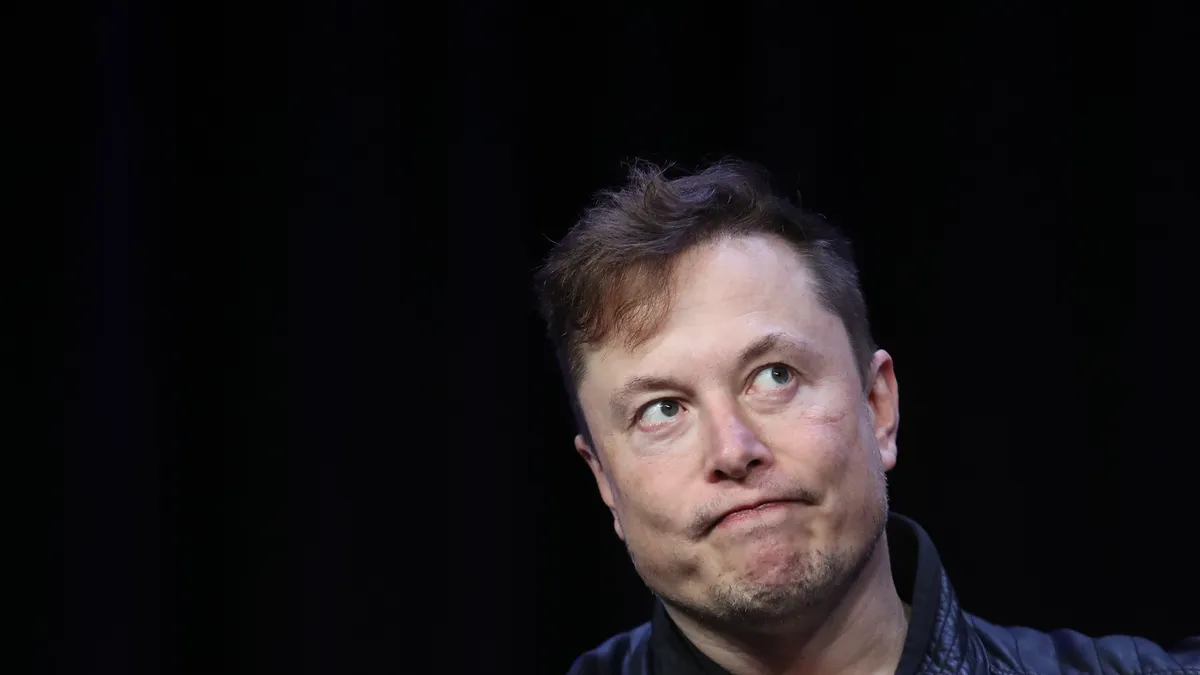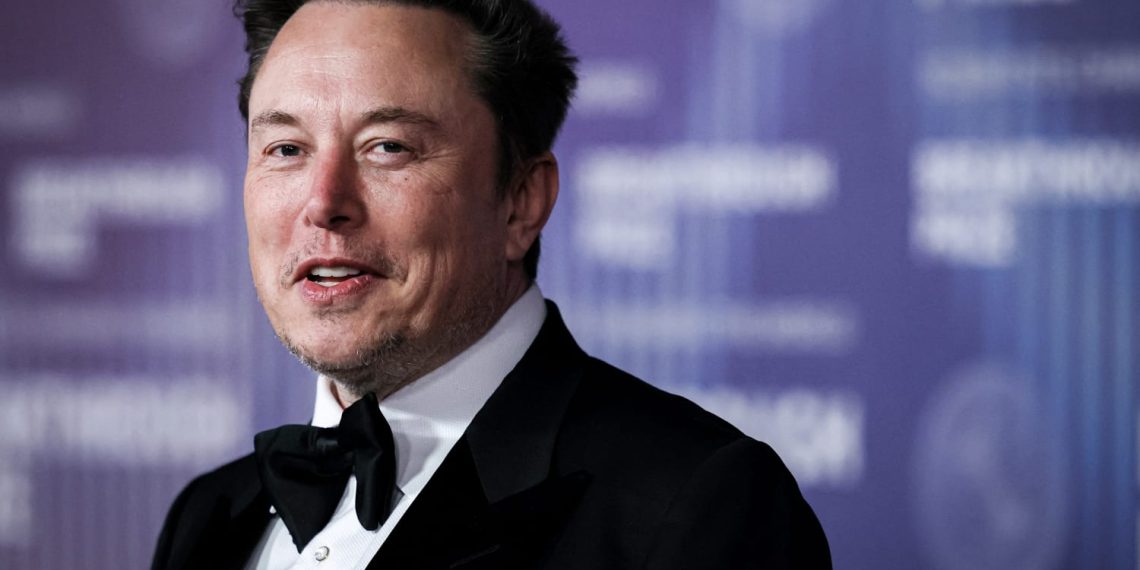The U.S. Supreme Court has declined Elon Musk‘s appeal to modify part of a securities fraud settlement with the Securities and Exchange Commission (SEC), maintaining restrictions on Musk’s public statements regarding Tesla.
The decision stems from a 2018 settlement following Musk’s tweet claiming he had secured funding to privatize Tesla, which was deemed misleading by the SEC.
Musk’s settlement involved fines and his resignation as Tesla’s chairman. He agreed to pre-approve certain social media posts with a Tesla lawyer’s oversight, a condition he later challenged, labeling it a “government-imposed muzzle” on his speech.

Despite Musk’s efforts, U.S. District Judge Lewis Liman and the 2nd U.S. Circuit Court of Appeals upheld the pre-approval mandate.
The 2nd Circuit reasoned that Musk had initially consented to post-screening, implying his waiver nullified his appeal.
Musk’s legal team contended that the SEC overstepped constitutional bounds by imposing what they described as a “gag rule” during the settlement negotiations.
With the Supreme Court’s refusal to intervene, Musk’s attempt to alter the settlement terms concludes. The decision underscores the SEC’s authority to enforce settlements and regulate corporate disclosures, even against high-profile figures like Musk.

While Musk’s legal challenge focused on free speech concerns, the courts upheld the SEC’s prerogative to establish conditions for settlements, ensuring compliance with securities regulations.
This ruling marks another chapter in the ongoing legal battles between Musk and regulatory authorities, highlighting the complexities of corporate governance and accountability in the modern digital age.





